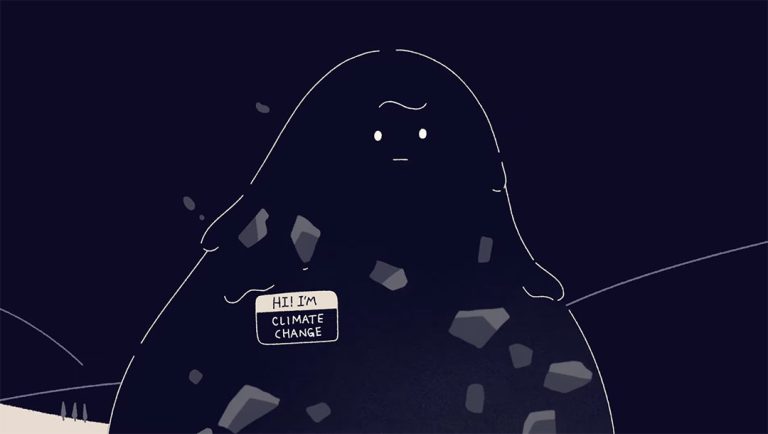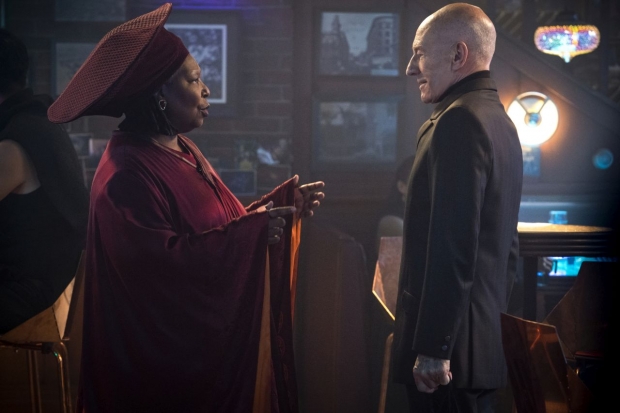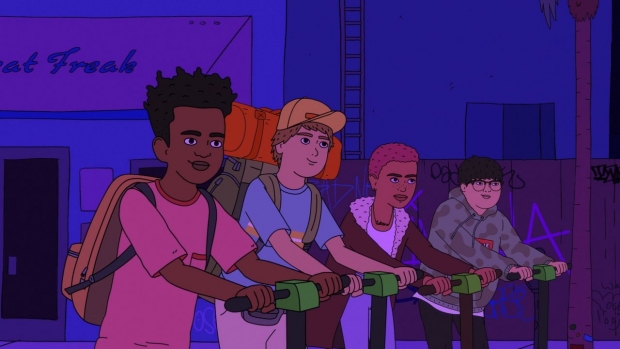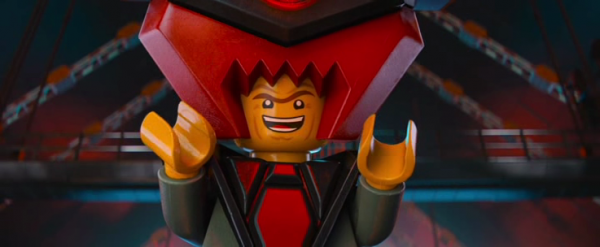At the time of writing this article, Strange World sits at 74% on Rotten Tomatoes. That is, coincidentally, the exact same score that Lightyear ended on. Disney will certainly be hoping that their new sci-fi adventure can find more love at the box office than that film did over the summer.
One of Strange World’s most ambitious swings is in the way its familial themes are paralleled in the movie’s environmental message. Humankind’s relationship to nature in most mainstream western stories tends to involve conquest, as symbolized by Jaeger (an explorer), or control, as symbolized by Searcher (a farmer), but Strange World presents an alternative: coexistence, as exemplified by Ethan. And the way Ethan approaches and experiences the subterranean world turns out to be key.
It’s starting to feel like Disney woke up and realized that the families, friend groups, and greater society around them aren’t homogeneous, and that the studio has been out of touch when confining them to separate cultural bubbles. That’s not a dis against Mulan, Moana or Encanto — each of which made pioneering strides toward broadening Disney’s horizons — so much as an enthusiastic endorsement for presenting a world in which diverse identities commingle more than they clash.
Amid a flurry of activity at the House of Mouse, Disney is releasing its latest animated feature Strange World this week, just in time for the holiday season.
Hall and Nguyen treat Ethan’s sexuality as a fact of life instead of a battleground on which he must seek familial acceptance, a move that relieves Ethan of the banality of being an avatar. The character’s source of tension is his relationship to his father, who wants him to become a farmer. Ethan, with his insatiable curiosity for the natural world and intuitive sense of his surroundings, would prefer to explore territories beyond Avalonia — much like his grandfather. The character’s dimensionality makes him more relatable.
Here’s what the critics are saying.
Tracy Brown at the Los Angeles Times explained how the Clade’s story parallels the film’s themes of environmentalism:
What is revolutionary… is that the film contains Disney animation’s first mixed-race gay character in Ethan, and he is presented and developed in a way that isn’t just a completely superficial and consequence-free nod to his sexuality (hello MCU!). Strange World’s other key theme is one of acceptance and understanding when it comes to the choices of loved ones, whether a father wants to abandon his family due to his monomaniacal thirst for adventure, or a son who not only doesn’t want to inherit the family business but wants to embrace a different family dynamic altogether. This is the first time a Disney family title such as this has really put its money where its mouth is in terms of bold, modern, progressive depictions of family, and here’s hoping that it whips up a performative moral frenzy with all the wrong people.
Variety’s Peter Debruge was one of many critics to praise Strange World’s modern interpretation of a mixed family story:
The Hollywood Reporter’s Lovia Gyarkye explains that the film’s refusal to treat Ethan as a token character proves one of its strongest virtues:
David Jenkins at Little White Lies says that Disney is charting new territory with the Clade family:
While Carlos Aguilar at The Wrap appreciated what the filmmakers were trying to do, he did concede they could have been a bit more subtle in the execution:






